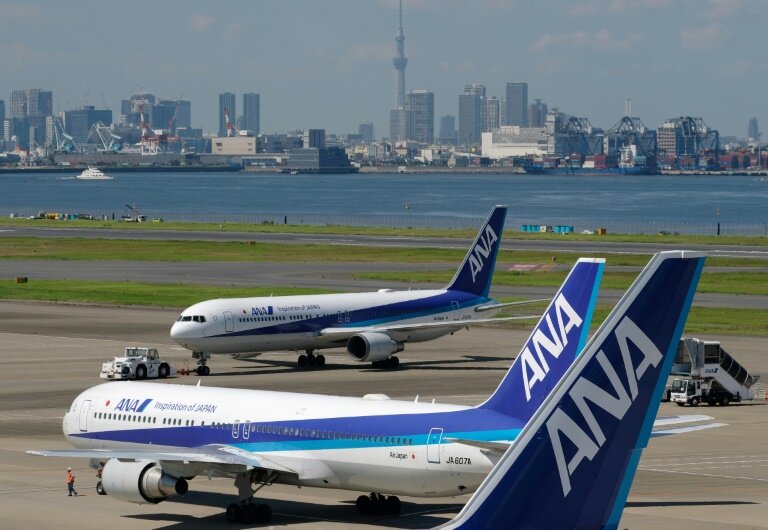General Electric Co raised its 2019 forecast, but disclosed more than $1 billion in potential costs from Boeing’s grounded 737 MAX jetliner, puncturing an early share rally.
Boston-based GE, which makes 737 MAX engines in a joint venture, also said Chief Financial Officer Jamie Miller, who was appointed in October 2017, plans to step down after a successor is hired. The company which also makes power plants and medical devices did not specify a time frame.
GE appeared to cheer investors by saying it might generate as much as $1 billion in free cash flow this year, compared with a potential outflow of $2 billion that it forecast in May. GE also raised its profit outlook by 5 cents a share.
“There should be some relief from the raised EPS and free cash flow” forecast, Barclays analyst Julian Mitchell said.
But GE’s portfolio of low-margin industrial businesses remains a concern. GE posted red ink again after two profitable quarters, due mainly to a $744-million goodwill charge for its power grid business. GE spent less on restructuring than analysts expected, which underpinned its performance.
GE also received a tax benefit worth 6 cents a share that more than accounted for its increased profit forecast.
“The EPS increase of 5 cents … is less than this quarter’s 6-cent tax benefit,” Gordon Haskett analyst John Inch said in a note. The cash flow increase “appears to be heavily driven by … reduced cash restructuring drag,” he added.
After surging 4% in premarket trading, GE shares fell less than 1% to $10.45.
GE’s industrial businesses suffered another tough three months, with margins falling by as much as 8 percentage points at renewable energy. But they generated more cash than expected, in part because it has become more aggressive in billing customers, collecting payments and reducing inventory, Chief Executive Larry Culp said on a conference call.
GE’s power business, which has long been a drag on earnings, posted a $117-million profit. But its relatively strong aviation business suffered as problems stretched on with Boeing’s 737 MAX jetliner, which regulators grounded in March.
CFM International, a joint venture between GE and France’s Safran SA, supplies engines for the 737 MAX.
The MAX could cost GE $1.4 billion in cash if the plane remains grounded all year, as now appears possible, GE said.
“That was not in the previous guidance,” said RBC Capital Markets analyst Deane Dray, who added that investors reacted by selling GE after the conference call.
But airlines will fly older planes in place of the MAX and those use more spare parts, a lucrative product line for GE, Dray said. “We have to believe GE has ample contingency in their free cash flow outlook to have taken a bold, unexpected step to increase guidance,” Dray said. “No one was expecting them to.”
Investors have watched GE’s cash generation as it has failed to keep pace with earnings in recent years, raising concerns that GE’s actual financial performance was falling short of stated results. But in May Culp said he would focus on generating cash and let earnings be “almost like a byproduct,” Dray said.
GE said it now expects higher industrial revenue growth and bumped up earnings per share by 5 cents to between 55 cents and 65 cents. It shifted its forecast for industrial free cash flow to between negative $1 billion and positive $1 billion, from $0 to negative $2 billion.
Loss per share from continuing operations was 3 cents, down from a profit of 8 cents a year ago. On an adjusted basis, GE earned 17 cents per share, including the tax gain, compared with analysts estimates of 12 cents, on average, according to IBES data from Refinitiv. Revenue fell 1.1% to $28.8 billion.






